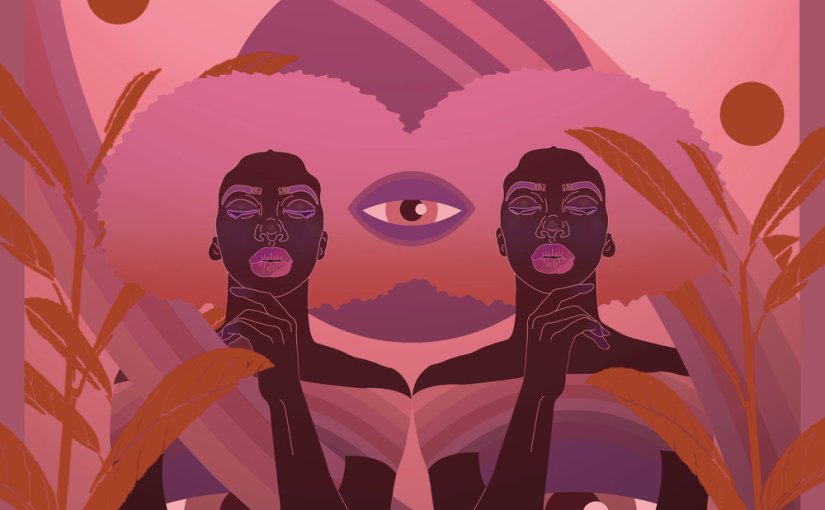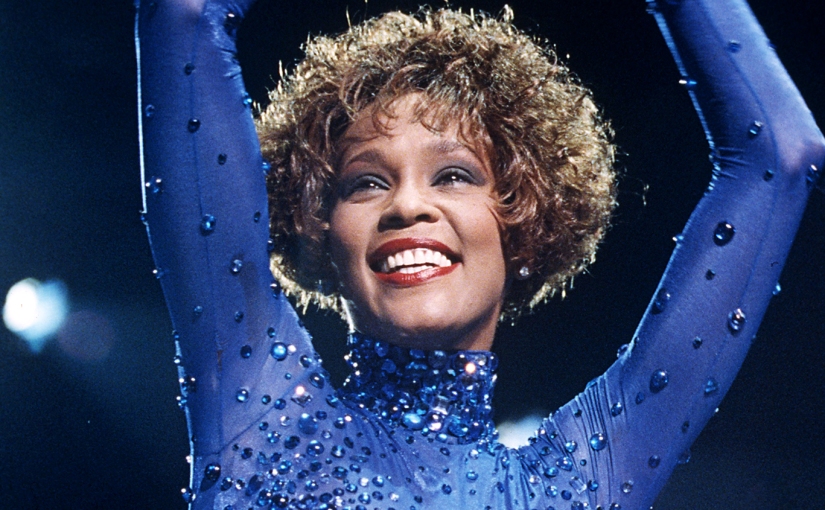I’ve been referred to as a “free spirit” by no less than ten people in my lifetime. The first time I heard it, I bristled. What the fuck is that supposed to mean? I snarled. The first guy who made this observation was, by all accounts, a Grade A Douchebag, so I shrugged it off. He and I were on a consistent first-name basis / hook-up schedule, so I thought that maybe his comment was innocuous. Nevertheless, I had a hard time shrugging it off.
The second time I was accused of free spiritedness was at a bar, several thousand miles away from the first encounter, in front of a large group of people. My friends thought it would be funny to use it as a new nickname. Our bartender made the mistake of agreeing with them. I was offended. So I settled the score by hooking up with him that same night.
When I think “free spirit,” I think “slut.” This word has sparked the most acrimonious fights between me and nearly every male I’ve encountered sexually and/or romantically in the past decade–even some with men in my peripheral groups of friends. The slutty implications are worse for me than the trite words themselves. I can agree on one thing–I enjoyed freedom in my drunkenness much to my detriment, and my spirit carried me through some of the worst hookups on record. What I can’t agree on, though, is the false innocence of veiled insults. I sense that phrases like “free spirit” are passive euphemisms to describe women who behave in socially unacceptable ways.
When I drank, it fueled in me an unconscious desire for sex. Very rarely did I admit to myself that I didn’t actually want to partake in the act itself, I just wanted to know I could get any guy I wanted. I admit that I behaved in a most irresponsible way. I didn’t always use protection. I rarely vetted or got to know the men I slept with; I took them on their word to be “good guys,” or people who “never do this.” I tried my best to want to be a liberated woman, yet I felt everything but free.
I have a complicated relationship with the word slut. I continue to try to reclaim it as something I chose to be. But that doesn’t cover the whole truth. Throughout the entire decade of my drinking, I tortured myself with my own promiscuity. As my tolerance for whiskey increased, my ability to disassociate with my behavior followed accordingly. When I lost my everything-but-virginity freshman year of college, I was terrified. I was 18, far away from my parents and my twin sister. I didn’t know anyone at school, considering I had only been there for two weeks. I wandered down the hall of my honors dorm room floor to the first open room I found. I asked the familiar-looking girl if I could talk to her for a minute. I had to tell someone, anyone. She was gracious in letting me sit there for an hour, spilling about the night I had. Through tears, I explained to her that I had just hooked up with someone and I was scared of how I had done it. I had no idea who he was or why I thought it would be a good idea to get as drunk as I did with someone whose name I couldn’t remember. She hugged me and assured me that everything would be ok. We became the best of friends. Months later, I sat through a lecture given by my feminist professor who examined the “Hook-Up Culture” of college campuses. She railed against derogatory words aimed at young women’s sexual choices, especially when alcohol was involved. I felt a little less alone and a little more validated.
I lost my virginity full-stop sophomore year. I was elated to be reunited with my twin at her college. I missed the comfort her presence brought me. I had decided the summer before my second year to transfer to her school without telling any of my friends, including and especially the sweet baby angel who protected me from myself. I was baffled by who I had become in college, someone I assumed no one wanted to be around. Once I got settled into my new school, my sister introduced me to a couple of her friends, knowing I needed to get into a social scene ASAP. I slept with the first guy I met. He was nice enough. I didn’t consider that I had embarrassed my twin. All I cared about was getting rid of my virginity–too much pressure. The resulting years of college consisted of more humiliations than I care to remember. I slept with many men, some of whom cared about me. The only ones I was interested in were the men who acted just like I did when they drank–that is to say, sluts.
I knew my behavior was out of control. And I couldn’t stop myself. I once wrote with permanent marker on my pelvis, “stop.” Hours later, I got drunk enough to ignore even that. The guy I went home with saw it and laughed.
I lost my ability to choose when I drank the end of my sophomore year. After my father died that winter, I focused on my studies and time with my sister. I flirted with sobriety due to the grief I felt, but that didn’t last long. Two months into not drinking, I blacked out and sustained a drunken-dancing injury, tearing my ACL. The night I popped my knee, I walked through the snow to my dorm room in order to hook up with someone. I spent the next day tormented by my actions in the emergency room. When my doctor asked me if I had been drinking, I replied, “a little.” It took several months of recuperation and surgery to repair my knee. My spirit was not so lucky.
When I got my first job out of college, I thought that professionalism would repair my reputation. It didn’t. This time, instead of the occasional degrading comments on a college campus, I endured outright name-calling as an adult. I put myself in situations where I’d sleep with someone, then a few weeks or months later, I would sleep with their friends. Most of the time, I acted on false presumptions that the original guy I hooked up with didn’t like me and didn’t care. Whether I was right about that or not, I forged ahead. I constantly left people in my wake of self-destruction, hurt and confusion. I learned to disconnect myself from my behavior in order to look at myself in the mirror.
To be clear: my goal was rarely sexual satisfaction. Rather, I participated in sex to ease my compulsions. All I knew was that if I drank, I would be going home with someone. I was never a bad person, but I knew that my promiscuity did not reflect the person I was raised to be. I couldn’t stop hurting myself or other people. I had a hard time explaining this to my friends, though. They thought my sexcapades were funny, albeit sometimes a little risky. I couldn’t find the words to tell them that I desperately wanted to stop.
I’ve known lots of guys who sleep with women and men alike at the rate I did. It hurts me to know that they don’t have to walk around with the same label. While I am not proud of my behavior when I drank, I can’t help but think that words like “slut” or “whore” are there to shame women. I don’t remember the last time I heard someone call a guy a slut. In fact, the only time I’ve seen it was on the episode of The Office when Michael Scott calls Dwight an “ignorant slut.” That’s just about the only time I’ve laughed at the name, either.
The last person who called me a “free spirit” was the girl I tutored a couple of years ago. She was born the year I graduated from college, so I knew intellectually she had no information about my past. She was simply observing that I seemed like an unencumbered person. When she gifted me with a Little Mermaid Free Spirit sign, I winced at the pain those words still caused me. Despite her actual innocent gesture, my heart ached. It was at that point that I saw I didn’t need to identify with the girl I once was. My sobriety has given me the chance to be in a long-term, loving relationship that exists despite my past. I seek to forgive myself every day for who I once was. But I don’t know if I will ever be able to separate myself from the memories of how I used to behave. The good news is, I am not the only person who has a story like mine.
As for those of us who choose to sleep around or prefer not to be in monogamous relationships, that’s your right.
Be a slut–do whatever you want. As long as you are safe and free.
Photo by Pyper Wyn Davies

